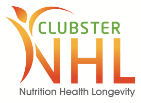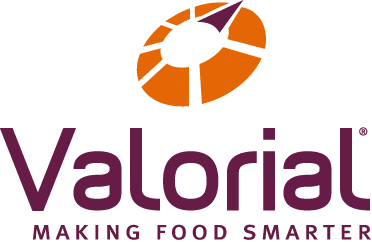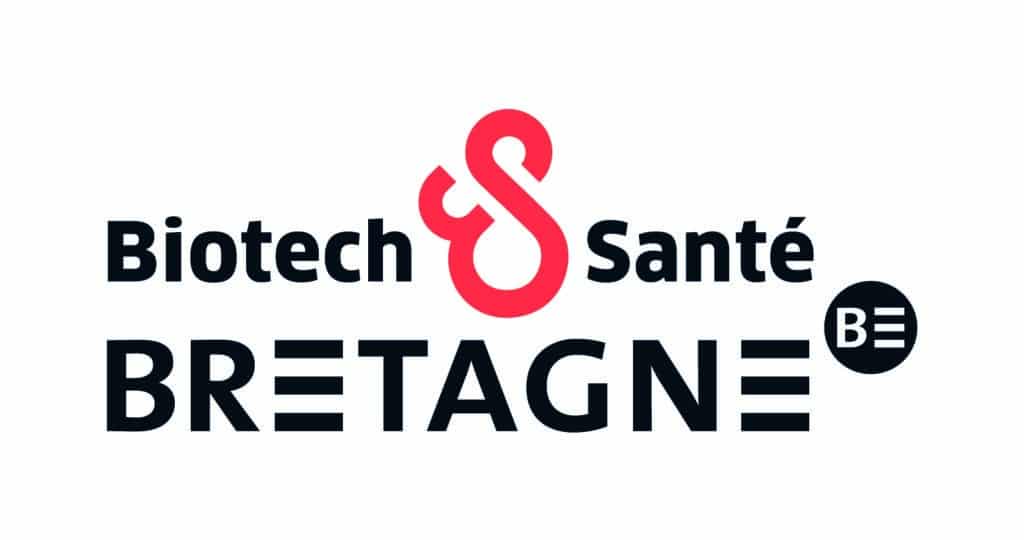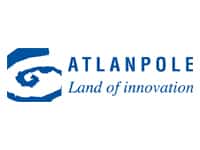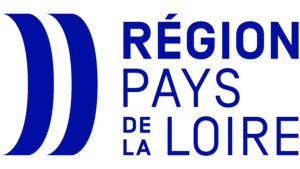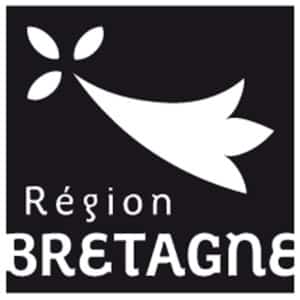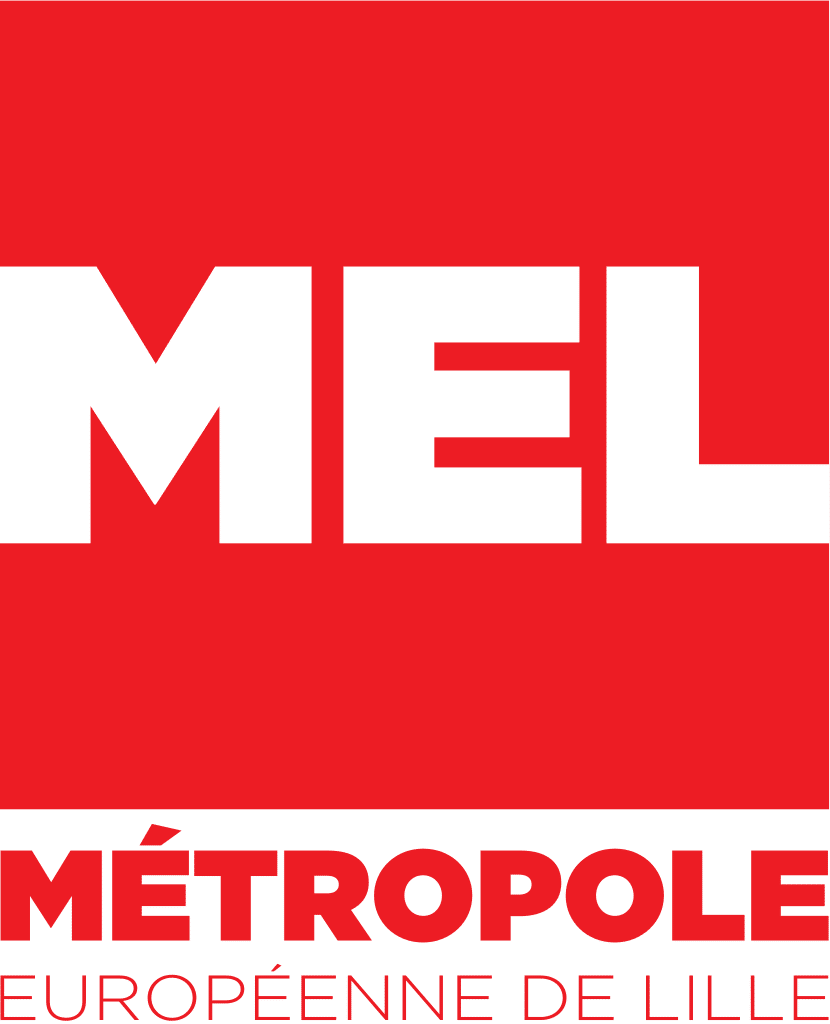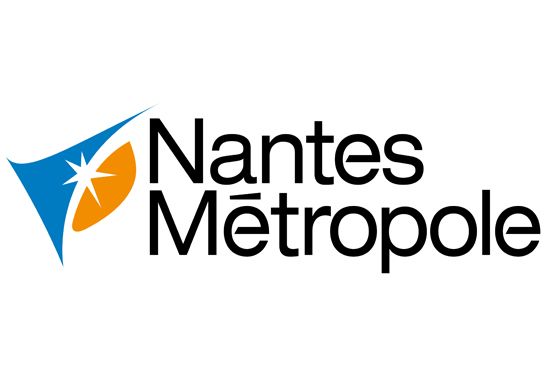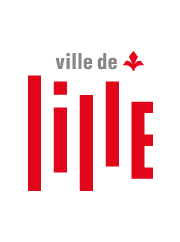The importance of dietary choices in disease prevention and health promotion is growing clear. More particularly, gut microbiome has been investigated by researchers as a key factor in many health aspects.
Besides the known effects on gut, how do microbiome interactions influence the rest of our metabolism and what are the main impacts? What are the latest scientific discoveries on gut microbiota? How can nutritional interventions targeting gut health mitigate chronic conditions and inflammation? How can we keep our second brain healthy and how can personalised nutrition participate in making the “food as medicine” approach a reality?
Moderator: Nard Clabbers, Thought leader in personalised nutrition, NCNC Nutrition Consultancy



